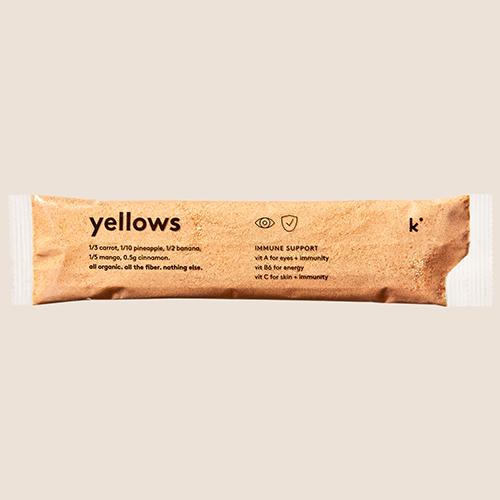Fast facts about fiber
Let’s face it, it’s hard to take a sexy photo of fiber. But it deserves star billing in any healthy diet - here’s why.
Let’s face it, it’s hard to take a sexy photo of fiber. But it deserves star billing in any healthy diet - here’s why.
What is fiber and how does it work?
Dietary fiber is mainly made up of the parts of plant cells that don’t get absorbed as food passes through the body. It’s the bit of your meal that gets...flushed away. But even though your body can’t digest the majority of dietary fiber, it’s an absolutely essential nutrient. Fiber is the bulking agent that helps food transit smoothly through your digestive tract. Happy gut = happy life.
Why do we need fiber in our diets?
Fiber does way more than just keep you regular: it helps you maintain a healthy weight, by making you feel full and satisfied after eating. It helps your gut host a thriving colony of good bacteria. It plays a key role in lowering cholesterol. It’s also linked to a reduced incidence of diabetes, heart disease, and some types of cancer. Go, fiber!
What sorts of foods contain fiber?
The very best source of dietary fiber is whole, natural foods: grains, nuts, legumes, fruit and vegetables. Fiber is present in all plant foods, but is often taken out in the manufacturing process – for example, most of the wheat grain’s beneficial fiber is lost in the journey from whole grain to white flour.
Am I getting enough fiber?
If you’re a fan of fruit and vegetable juices, you might think you’re already consuming plenty of fiber. But always check to make sure you’re really getting the goods: often, the juicing process throws away some or all of the fiber-containing pulp. Because we love fiber, our ingredients are flash-frozen and slow-dried, so with kencko you get way more of that precious fiber goodness. (Just saying.)
there's more good content where that came from
